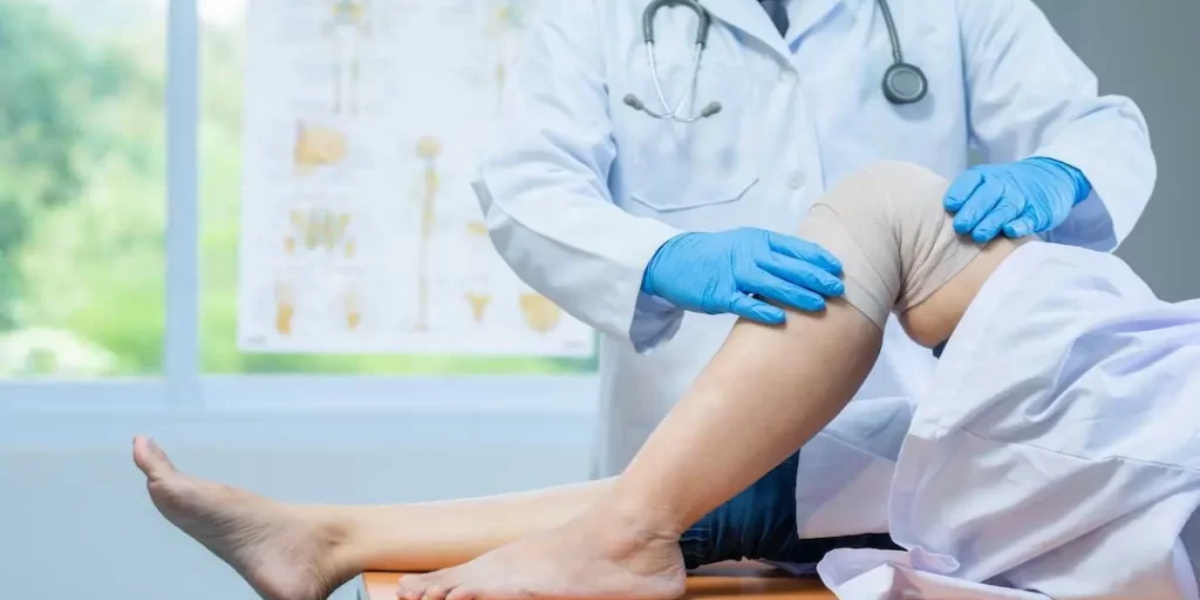
Postgraduate education in healthcare is designed to train specialists who can provide high-quality medical care and contribute to the advancement of scientific knowledge through research and training. As a result, postgraduates in various medical fields are expected to acquire extensive knowledge and develop specialized skills to provide competent professional services.
In the case of a postgraduate undergoing training in MS Orthopaedics, the main objective is to identify and recognize various disorders of the musculoskeletal system. These disorders can be congenital, developmental, inflammatory, infective, traumatic, metabolic, neuromuscular, degenerative, or oncologic in nature. Through the training, the postgraduate should be able to provide competent professional services to trauma and orthopaedic patients at primary, secondary, or tertiary healthcare centers.
To achieve these defined outcomes, various subject-content specialists have prepared illustrative guidelines for both teachers and learners. The Reconciliation Board of Academic Committee has attempted to ensure uniformity without compromising the purpose and content of the document. Although the document compromises the purity of syntax, it preserves the purpose and content. To this end, "domains of learning" are retained under the heading "competencies".
The guidelines provided for MS Orthopaedics training cover various domains of learning, including knowledge, skills, attitudes, and values. These domains have been further categorized into specific competencies, such as knowledge of anatomy, ability to diagnose and treat disorders, and effective communication with patients and colleagues.
Postgraduates in MS Orthopaedics are expected to acquire knowledge in the areas of anatomy, physiology, pathology, pharmacology, and epidemiology. They should also develop skills in the areas of diagnosis, treatment, and surgical procedures. In addition, postgraduates should possess the attitudes and values required to provide patient-centered care, including empathy, respect, and cultural sensitivity.
In conclusion, the purpose of postgraduate education in healthcare is to create specialists who can provide high-quality medical care and contribute to the advancement of scientific knowledge. Postgraduates in MS Orthopaedics should be trained to identify and treat various disorders of the musculoskeletal system and provide competent professional services to trauma and orthopaedic patients. The guidelines provided by subject-content specialists and the Reconciliation Board of Academic Committee can help teachers and learners achieve the defined outcomes through learning and assessment.
Click here if you want to know about course fees.
Program Objective:
This will be dealt with under the following headings:
| S.No | FACULTY NAME | DESIGNATION |
| 1 | DR. AMIT DWIVEDI | PROFESSOR & HOD |
| 2 | DR. RAJEEV ANAND | PROFESSOR |
| 3 | DR. APPORV AGARWAL | ASSOCATE PROFESSOR |
| 4 | DR. NISHIT PALO | ASSOCATE PROFESSOR |
| 5 | DR. RUDRA NARAYA N MUKHERJEE | ASSISTANT PROFESSOR |
| 6 | DR. SHIVANSHU MITTAL | ASSISTANT PROFESSOR |
| 7 | DR. JASNEET S CHAWLA | ASSISTANT PROFESSOR |
| 8 | DR. MRIGANK TRIPATHI | SENIOR RESIDENT |
| 9 | DR. ARUNABH ARORA | SENIOR RESIDENT |
| 10 | DR. NEEL KAMAL SOURAV | SENIOR RESIDENT |
Click here to read more about the Orthopaedics department
Assessment:
There shall be four theory papers as follows:
Paper I: Basic Sciences as applied to Orthopaedics
Paper II: Traumatology and Rehabilitation
Paper III: Orthopaedic diseases
Paper IV: Recent advances in Orthopaedic surgery + General Surgery as applied to Orthopaedics
3. Practical/Clinical:
The practical examination should consist of the following and should be spread over two days, if the number of post graduate students appearing is more than five.
1. One long case: History taking, physical examination, interpretation of clinical findings, differential diagnosis, investigations, prognosis and management.
2. Short cases from various sections of the speciality (three)
Emphasis should be given to various small group teachings rather than didactic lectures. The following methods should be employed to achieve this:
Rotations:
Clinical meetings:
There should be intra- and inter-departmental meetings for discussing the uncommon/interesting cases involving multiple departments.
MS Orthopaedics is a highly specialized postgraduate medical degree that offers a wide range of career opportunities for graduates. The following are some potential career prospects for MS Orthopaedics graduates:
In conclusion, MS Orthopaedics is a highly specialized medical degree that offers a wide range of career opportunities for graduates. They can work as orthopaedic surgeons, academicians, researchers, private practitioners, consultants, sports medicine specialists, and medical advisors.